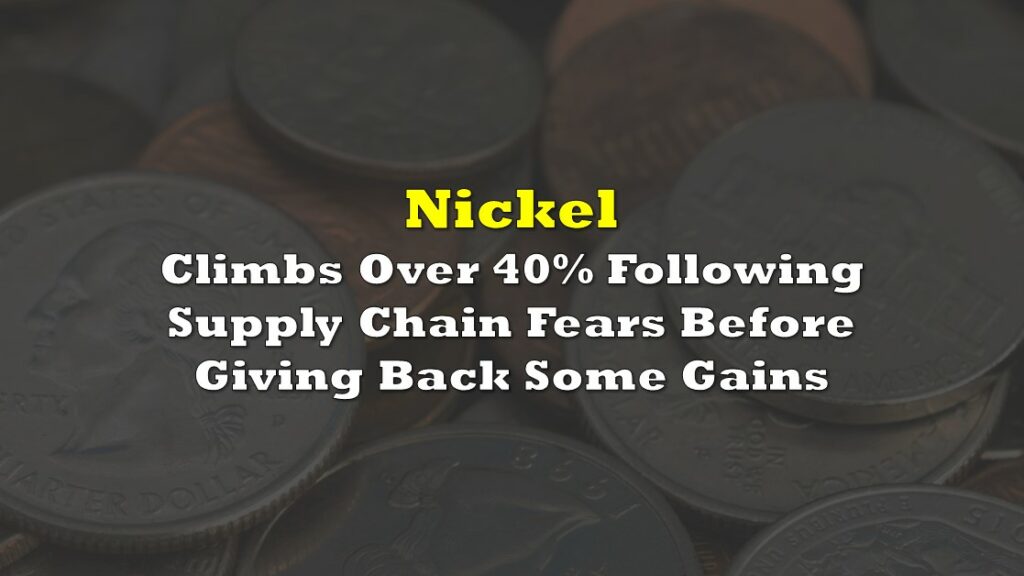Recent drought conditions across Canada’s agricultural provinces have caused wheat crops to fall to the lowest in more than a decade.
According to a Statistics Canada report published on Monday, the country’s wheat crop has fallen to the lowest in 14 years, while the canola harvest has shrunk to a nine-year low. The report found that this year’s all-wheat harvest is expected to total 22.9 million tonnes, which is 35% lower compared to last year, but still slightly larger than the average forecast of 11.6 million tonnes. Meanwhile, Canada’s canola production is expected to reach 14.7 million tonnes, which is 24% below the same period a year ago, but also larger than the average forecast calling for 14.1 million tonnes.
Dry soil conditions, coupled with scorching-hot temperatures, have enveloped Canada’s western crop-producing provinces, significantly diminishing yields. The drought has thus far forced millers and bakers to pay higher input costs for spring wheat, while canola prices have risen to new record-highs. “I think buyers around the world have already made major shifts,” explained IntelliFARM president Brian Voth to CTV News. “A lot of rationing has to happen.”
According to Voth, major canola imports will likely have to shift their demand to Australia, Ukraine or western Europe to make up for Canada’s crop shortages. Similarly, many US mills, which largely depend on Canadian wheat to produce flour, may have to source wheat from other crop-producing regions.

Information for this briefing was found via Statistics Canada and CTV News. The author has no securities or affiliations related to this organization. Not a recommendation to buy or sell. Always do additional research and consult a professional before purchasing a security. The author holds no licenses.









